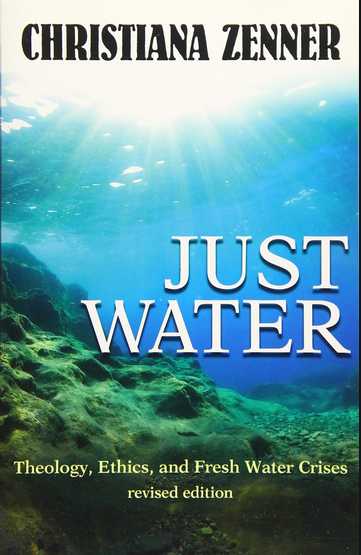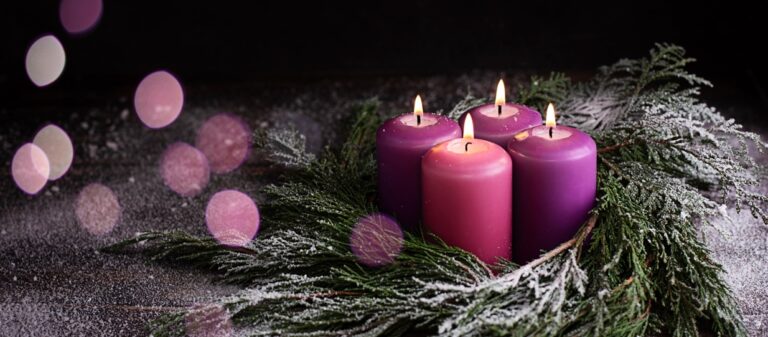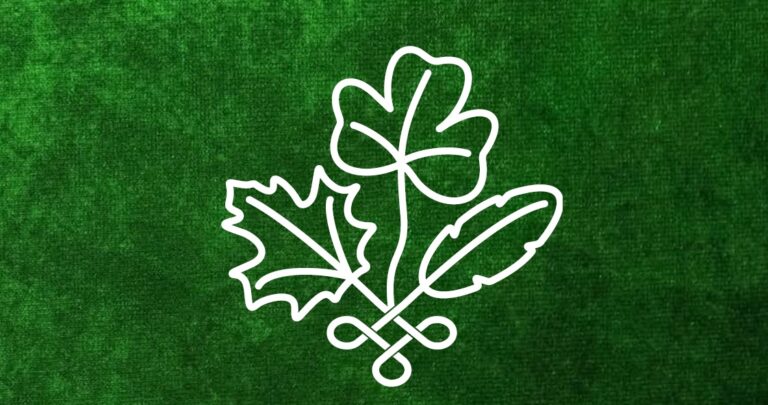
BOOK REVIEW: JUST WATER: THEOLOGY, ETHICS, AND FRESH WATER CRISES
Consider fresh water. We use it for cooking, cleaning, bathing, agriculture and for just about all our economic activities. Yet, of all the water on Earth, only 2.5% of that is fresh water; and most of that lies in icecaps or underground in aquifers that mostly do not regenerate.
We use only 8% of fresh water for domestic use. Manufacturing uses 22% – which unfortunately too often leaves fresh water useless for future consumption – and agriculture uses 70%. Water use in agriculture is disastrous. To produce one pound of beef, for example, we need approximately 1,799 gallons of water (for the cow to drink, to grow grain the cow eats, to process beef). Not only is that a huge amount of water for one mere pound of beef, the water used for the cow will never return to the land from which it was taken, as it travels the globe. In fact, 90% of all water used for agriculture never returns to its origins.
We overuse and lose water beyond its natural regenerative capacities, we permanently poison it with synthetic chemicals, and we design our political and economic systems to make access to fresh water difficult for marginalized peoples and communities here at home and around the world. Our attitude of abundance is deceiving.
It is for these reasons that author Christiana Zenner wrote her newly revised book, Just Water: Theology, Ethics, and Fresh Water Crises. Zenner wants to make us aware of the global fresh water scarcities we are facing around the world, while pointing to old and new Catholic wisdom on the subject (think Laudato Sí). It is a refreshing look at a substance which is so vital for all life, which has no substitute, yet, with the exception of words from Pope Francis and some groups, has not permeated the current Catholic discourse.
Zenner underlines the “centrality of water to life as a right-to-life issue and for what it reveals about the selective attention that some US Catholics pay to papal encyclicals and Catholic social teaching more generally” (164). But it is not just church leadership. For most of us (especially the white privileged Euro-Americans), water is mostly invisible: “We live in societies with advanced plumbing and sanitation infrastructure [which distances us] from the materiality and purity of the sources of water” (197).
Those who suffer are the black communities in the US, and the Indigenous communities still colonized throughout North America, and the millions upon millions of people in the Global south where currently 663 million lack access to clean fresh water. By 2025, 180 million people will be living in countries or regions with absolute water scarcity. Of this group, it is mainly women and girls that suffer most.
Zenner’s analysis on women and water is perhaps the part of her book that shines most brilliantly. In looking at our Catholic tradition, she finds that today we have a different and distant relationship to water compared to when Jesus walked on Earth. When Jesus met the Samaritan woman at the well (John 4) – a brilliant chapter that helps us see this woman in a new and vibrant manner – that woman clearly understood the double entendre meant by Jesus when he spoke of “living waters.” Today, millions of women and girls walking kilometers for water have not lost that connection. Many of us in North America, however, have separated the material connection of “living waters” from its spiritual connection.
I can’t recommend this book enough. True, it’s overly human-centered (Zenner never talks of water for life other than human, which is odd), but it is otherwise a very encompassing look at water from all angles including the limits of technology to save us, and the greater damage climate change will do to the limited fresh water available.
For Catholics, this book should be a must read. Zenner connects the dots of Catholic social teaching and what is fully a right to life issue.
Just Water: Theology, Ethics, and Fresh Water Crises can be found and purchased here.
–Simon Appolloni, Associate Publishing Director



